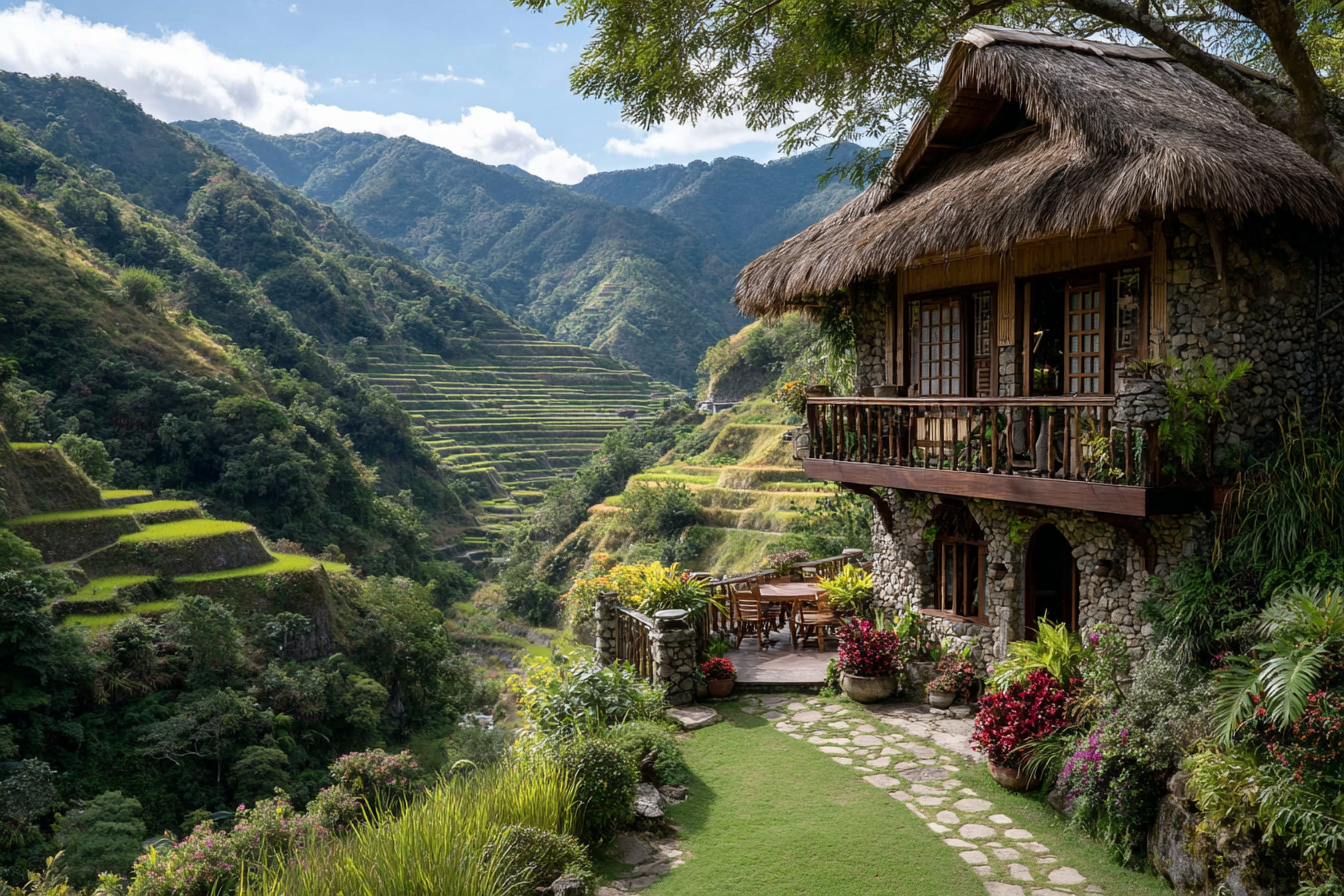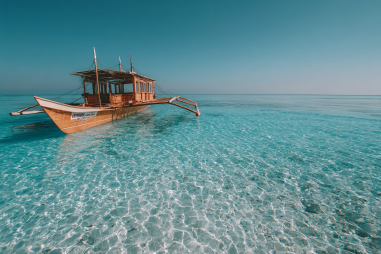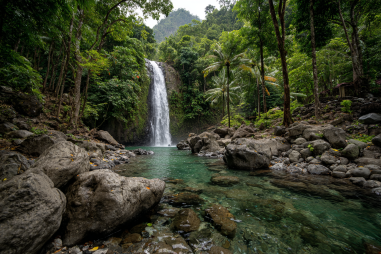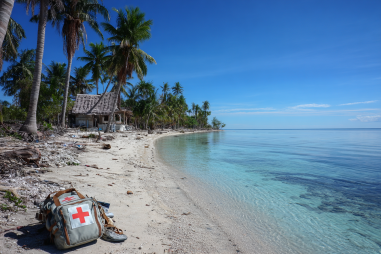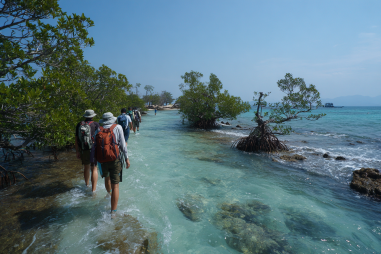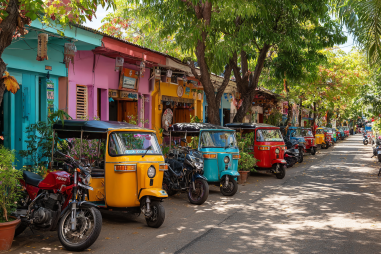Visiting Banaue, home to the famous rice terraces often called the “Eighth Wonder of the World,” offers more than just breathtaking views and hiking adventures. Choosing to stay in a Banaue homestay allows travelers to immerse themselves deeply in the local Ifugao community, experiencing their way of life, traditions, and warm hospitality firsthand. This type of accommodation offers a unique perspective that hotels and resorts simply cannot match. If you’re curious about what it means to live with the Ifugao people and how it can enrich your Banaue experience, read on to discover everything you need to know about Banaue homestays.
What Are Banaue Homestays?
Banaue homestays are locally operated guest accommodations where visitors live with Ifugao families during their stay. Instead of the typical hotel or lodge setup, guests get to stay in the family’s home, which is often a traditional Ifugao house constructed from native materials like wood, bamboo, and cogon grass. These homestays provide an authentic glimpse into daily life in Banaue and foster meaningful cultural exchange between travelers and hosts.
Mornings in homestays often start with sunlight streaming through wooden slats, the sounds of roosters crowing, and the aroma of freshly cooked meals prepared using age-old recipes. Staying in a homestay means sharing meals, stories, and celebrations with your host family, creating opportunities for connection that go far beyond a simple vacation.
Benefits of Choosing a Homestay
Opting for a homestay rather than a commercial hotel comes with numerous advantages:
- Cultural Immersion: You experience Ifugao traditions, language, rituals, and ways of life up close. This is a rare chance to observe and participate in authentic cultural practices.
- Supporting Local Communities: Your accommodation fees directly benefit the local families and help sustain community-based tourism initiatives, promoting economic growth while preserving culture.
- Personalized Experience: Hosts often provide personalized guidance, recommending hidden gems, scenic spots, and activities that are off the beaten path.
- Deeper Connection to Nature: Many homestays are set amidst the rice terraces or mountain slopes, allowing you to wake up to stunning natural beauty right outside your door.
- Learning Opportunities: Some families offer workshops in traditional crafts, farming techniques, or cooking classes, enhancing your understanding of Ifugao heritage.
Typical Amenities and Accommodations
Banaue homestays vary in comfort and amenities, but most offer a simple and cozy environment aligned with the rural setting. Here’s what you can generally expect:
- Traditional Wooden Rooms: Sleeping quarters typically feature native wood or bamboo furnishings, with mosquito nets over beds to keep insects away.
- Shared Bathrooms: Bathrooms might be shared and can sometimes have limited hot water availability, so it’s best to come prepared with your own toiletries.
- Basic Electricity: While many homestays have electricity, power outages can occur, especially during the rainy season, adding to the rustic experience.
- Local Meals: Meals are usually home-cooked using fresh, local ingredients, often featuring dishes like pinikpikan (Ifugao chicken), steamed vegetables, or freshly harvested rice.
- Outdoor Spaces: Many homestays include small verandas or open spaces where guests can relax, enjoy panoramic views of the terraces, or even help with farming chores.
Overall, accommodation is modest but clean and welcoming. The focus is on experiencing simplicity, nature, and culture rather than luxury.
Cultural Activities with Host Families
One of the most rewarding parts of living with an Ifugao family is participating in their cultural activities. Hosts are often eager to share their customs and involve guests in various traditions, such as:
- Rice Planting and Harvesting: Depending on the season, you might get hands-on experience working in the rice terraces alongside your hosts.
- Traditional Cooking: Learn to prepare local dishes using ancestral recipes passed down through generations.
- Weaving and Craft Making: Some families are skilled weavers of the famous Ifugao textiles. Visitors can try their hand at using traditional looms and creating patterns.
- Storytelling and Legends: Sitting around a fire or at home, hosts often share Ifugao myths, legends, and the history of the terraces, offering profound insights into their worldview.
- Community Festivals: If your visit coincides with local celebrations or rituals, you may be invited to join festivities, dances, and rituals.
These interactions not only enhance your travel experience but also foster mutual respect and appreciation between cultures.
Booking Tips and Pricing
When planning your Banaue homestay experience, here are some helpful tips to keep in mind:
- Book in advance: Especially during peak season (November to May), homestays can fill up quickly.
- Use reputable sources: Consider booking through trusted travel agencies, tourism offices, or online platforms specializing in community-based tourism.
- Communicate your preferences: Let your host know about dietary needs, allergies, or if you’d like to participate in specific activities.
- Be prepared for basic living conditions: Bringing essentials like flashlights, power banks, insect repellent, and sturdy footwear can improve comfort.
- Pricing: Rates generally range from PHP 500 to 1,500 per night (approximately $10–30 USD), including meals and cultural activities. Prices may vary based on the homestay and season.
Connecting directly with host families or community cooperatives ensures transparency and supports local livelihoods.
Responsible Travel Considerations
Staying in a Banaue homestay is an opportunity to practice mindful and responsible tourism. Here are key considerations to make your visit respectful and sustainable:
- Respect Local Customs: Dress modestly, ask permission before taking photographs, and be open to learning about the Ifugao way of life without judgment.
- Minimize Environmental Impact: Avoid littering, use water and electricity sparingly, and stick to designated trails to preserve the natural landscape.
- Support Local Economy: Buy handicrafts and products directly from artisans instead of outside vendors.
- Give Back: Consider volunteering or contributing to community projects if you have time and interest.
- Manage Expectations: Remember that homestays are not luxury resorts. Patience and flexibility are part of the experience.
By acting thoughtfully, you help ensure that Banaue’s cultural heritage and environment remain intact for future generations.
Testimonials from Past Visitors
Visitors who have stayed in Banaue homestays frequently share heartfelt reflections on their experience. Here are a few excerpts from travelers:
“Living with the Ifugao family was eye-opening. We harvested rice with them and tasted dishes I never dreamed of. It felt like I gained a second family.”
“The simplicity of life in the terraces helped me disconnect from the chaos of city living. Waking up to the morning mist over the rice fields was magical.”
“Our hosts welcomed us with open arms, teaching us their customs and stories. I left with a deep respect for their resilience and connection to the land.”
These testimonials underscore that a homestay is not just a place to sleep but a doorway to unforgettable cultural connections.
Connecting Deeply with Banaue’s People
Choosing a Banaue homestay transforms your travel into a meaningful journey of discovery and empathy. It invites you to step out of the typical tourist role and become part of a community bound by tradition and shared experience. Whether it’s the warmth of your hosts’ smiles, the taste of a freshly cooked meal, or the stories woven into the terraces themselves, every moment enriches your understanding of Banaue and the Ifugao people.
By embracing this immersive accommodation option, you contribute to preserving cultural heritage while creating memories that last a lifetime. Banaue homestays offer more than lodging – they offer a chance to live, learn, and connect in a truly authentic way.

